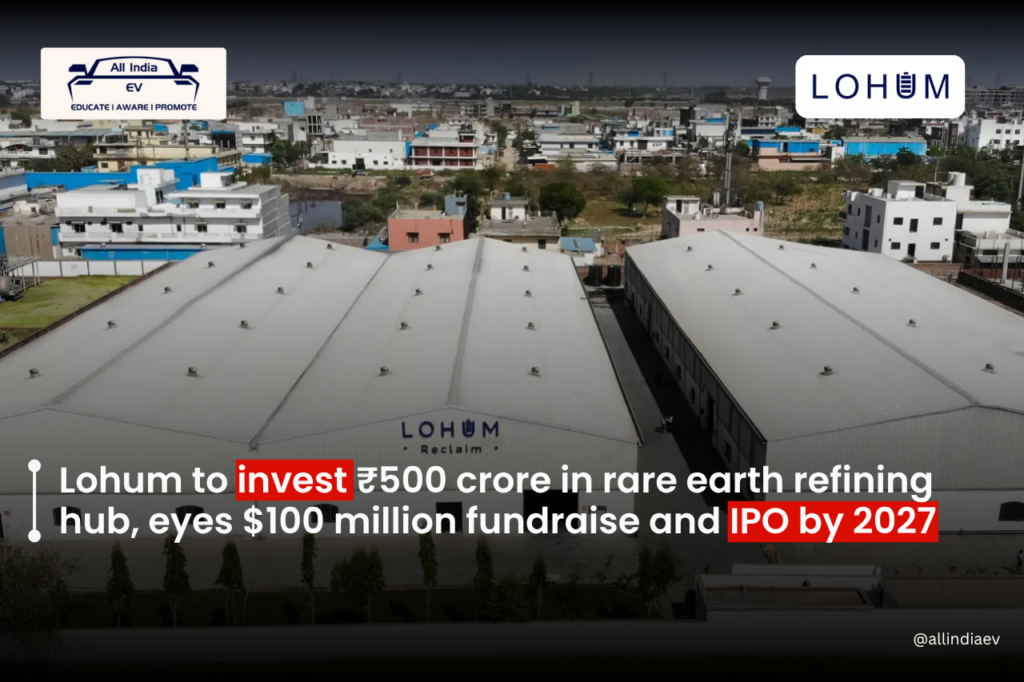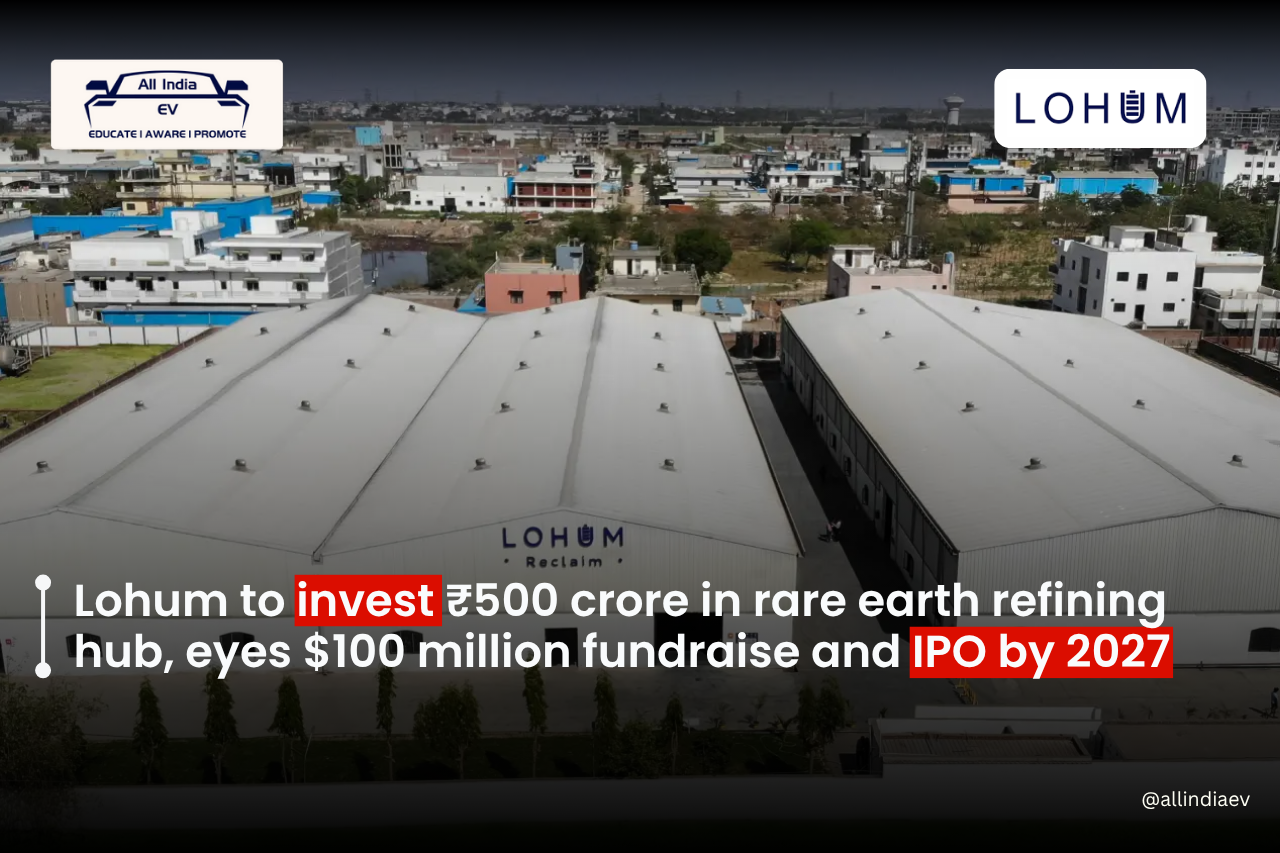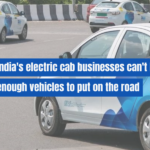
Lohum Strengthens India’s Green Supply Chain with Domestic Refining to Supply EV Battery, Renewable Energy, and Magnet Materials
In a major push to strengthen India’s critical minerals and recycling ecosystem, Lohum, a leading player in battery recycling and sustainable materials, has announced plans to invest ₹500 crore in setting up the country’s first rare earth refining hub. The company aims to commission the facility within the next 18 months, according to Rajat Verma, Founder and CEO of Lohum.
The initiative marks a significant step in reducing India’s reliance on imported materials essential for electric mobility, battery production, and renewable energy technologies. The upcoming rare earth refining facility will focus on processing elements vital for EV motors, magnets, and green energy components, thereby boosting domestic capacity under the government’s Critical Minerals Mission.
Driving India’s Critical Minerals Mission
“Our first target facility will be operational in a few months, and we plan to scale it fully in about a year and a half,” Verma told ET Energyworld. The project aligns with the Critical Minerals Mission, which seeks to localise rare earth processing and establish India as a global supply hub for clean technology materials.
Lohum already recovers seven key metals—lithium, cobalt, nickel, copper, aluminium, platinum group metals, and graphite—from end-of-life batteries and industrial waste. The company is also working with the Ministry of Mines and IIT Bombay to establish two Centres of Excellence (CoEs) dedicated to sustainable materials recovery and circular technologies.
Additionally, Lohum is collaborating with multiple public sector undertakings (PSUs) through memoranda of understanding (MoUs) to advance India’s recycling infrastructure. The company said formal announcements will follow once regulatory clearances are in place.
Scaling Domestic Recycling Capacity
Currently, Lohum operates 20,000 tonnes per annum (TPA) of battery recycling capacity, but the company plans to expand this four to five times by 2029, driven by soaring demand for recycled lithium-ion materials.
“In any category, about 20% of our raw material needs can be met through recycling, and both Lohum and the industry at large are scaling rapidly,” Verma said.
The company’s strategy involves capturing value from spent EV batteries while integrating rare earth refining to produce magnet materials and cathode precursors domestically — a crucial step in building India’s circular EV supply chain.
Global Expansion and Capital Plans
As part of its global growth strategy, Lohum is set to commission a recycling facility in the UAE early next year and is exploring expansion opportunities in the US and Europe. These international ventures aim to position Lohum as a global leader in sustainable material recovery.
To fund its domestic and international expansion, Lohum will launch a $100 million fundraising round this week, expected to close within four to six months.
“Over 95% of this investment will be directed towards expanding capacity in India,” Verma confirmed.
The company also plans to go public with an IPO by 2027, marking the next phase of its capital expansion and solidifying its presence in the clean energy ecosystem.
Policy Support and Government Backing
Lohum’s expansion plans align closely with the Government of India’s clean technology and self-reliance goals. Under the Critical Minerals Mission, the government has allocated ₹1,500 crore to the recycling and secondary materials sector.
Verma said policy support under Production Linked Incentive (PLI) schemes from the Ministry of Heavy Industries (MHI) and the Ministry of Electronics and IT (MeitY) now recognizes the use of recycled inputs for cathode materials and magnets, providing a significant opportunity for domestic recyclers.
“The government is moving in the right direction, but we need to strengthen the entire chain—from mine to magnet, and from battery to battery—if India wants to be self-sufficient and globally competitive,” Verma added.
Reducing Import Dependence on China
India currently imports nearly all its rare earth materials, with China dominating the global supply. Verma emphasized that the industry is now more aware of the strategic risks of overdependence.
“The industry understands that China cannot be a long-term partner, and there’s growing consensus to support local solutions,” he said.
By building domestic refining and processing capabilities, Lohum aims to supply critical materials for EV batteries, renewable energy systems, and permanent magnets, reducing India’s import reliance and supporting the nation’s goal of creating a green industrial ecosystem.










